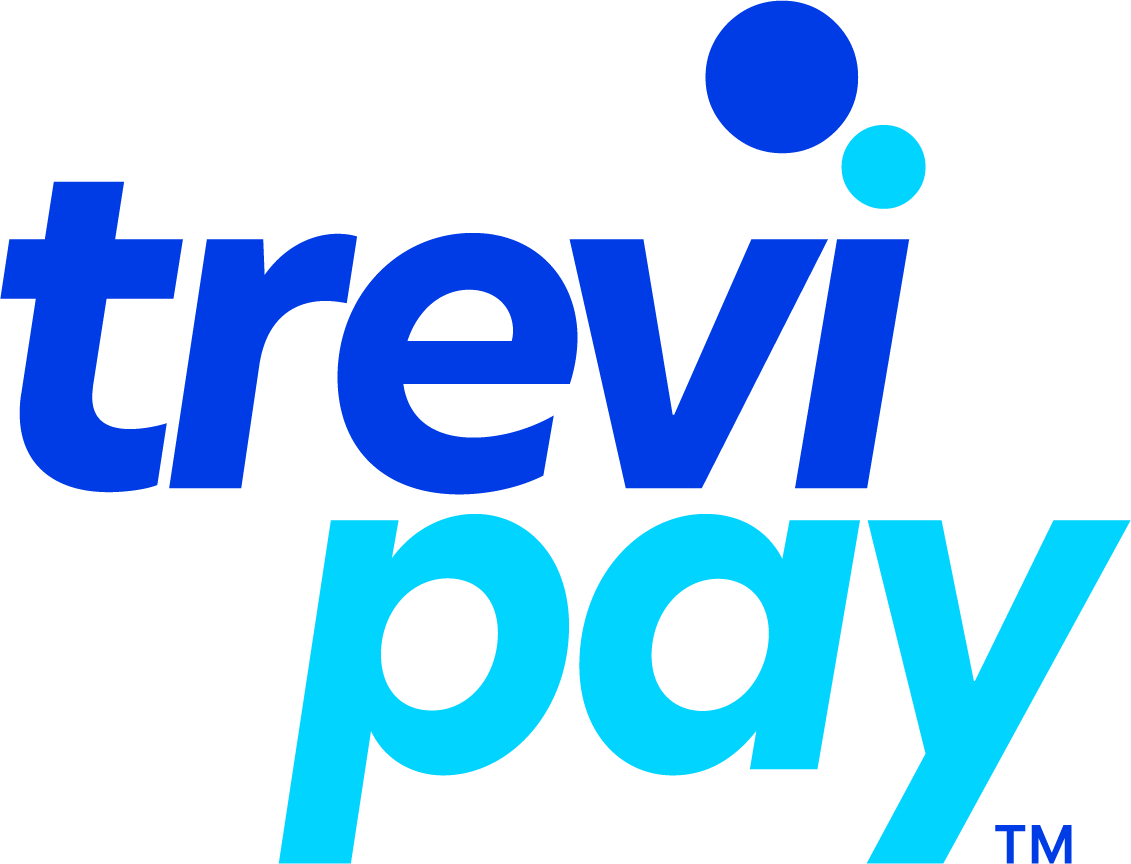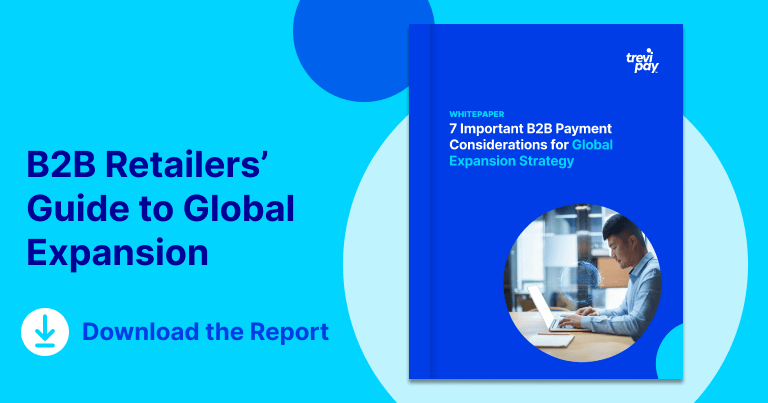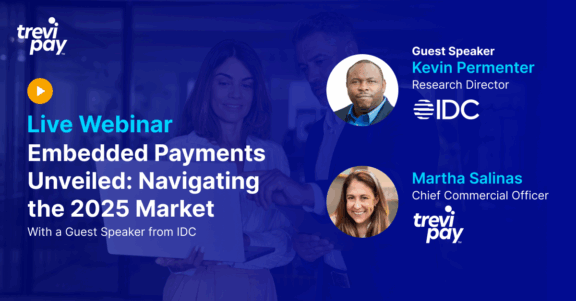On the Open Banking Unplugged podcast, Allen Bonde, TreviPay’s Chief Marketing Officer, shares valuable insights on the role of payments in creating a loyal customer base. With the worlds of B2B and B2C blurring, Bonde explores how presenting payment options and tailoring the checkout experience underscores the idea that loyalty begins at the payment™. Here’s a recap of the conversation.
The Importance of the Payment Experience
Highlighting the importance of understanding customer wants and needs is crucial when presenting payment options. Bonde notes that customers require specific payment options and flexibility. He asserts offering choice drives loyalty, emphasizing the need for businesses to adapt to changing customer preferences.
Flow of Transactions and Customer Experience
By leveraging payment data, sellers can better segment their offers and enhance the customer experience. When payments are seamlessly integrated into transaction flows, businesses can build stronger relationships with their customers.
Offer Flexibility without Compromising Experience
The delicate balance of offering flexibility while maintaining a seamless experience is a crucial factor in driving customer satisfaction and loyalty. Bonde discusses the paradox of choice – offering too many options can overwhelm customers and lead to inaction. To address this, it is essential to understand customer preferences and tailor the payment experience accordingly. Bonde also highlights the importance of catering to the habits of corporate buyers, as 9 out of 10 conduct research before making purchasing decisions.
The Ultimate Checkout Experience
According to Bonde, the ultimate checkout experience is easy, fast, secure and smart. New buyers seek instant credit approval to facilitate their initial transactions. To instill trust, businesses must prioritize fraud prevention and provide a solid backend experience, including smooth invoicing and a streamlined order-to-cash processes.
Implications of Failing to Evolve Payment Practices
The fear of missing out is a classic concern, and Bonde emphasizes buyers set the rules. Businesses that fail to advance their payment practices risk losing customers to competitors who offer more convenient and flexible options.
New Payment Innovations: Adapting to a Changing Landscape
In recent years, the payments industry has undergone significant change that is shaping the way businesses operate and engage with their customers. Hidden B2B buyers in B2C businesses, mobile payments, AI and machine learning advancements and the increasing importance of e-invoicing have all contributed to this evolving payments landscape.
To listen to the full podcast with Open Banking, click the link below:






